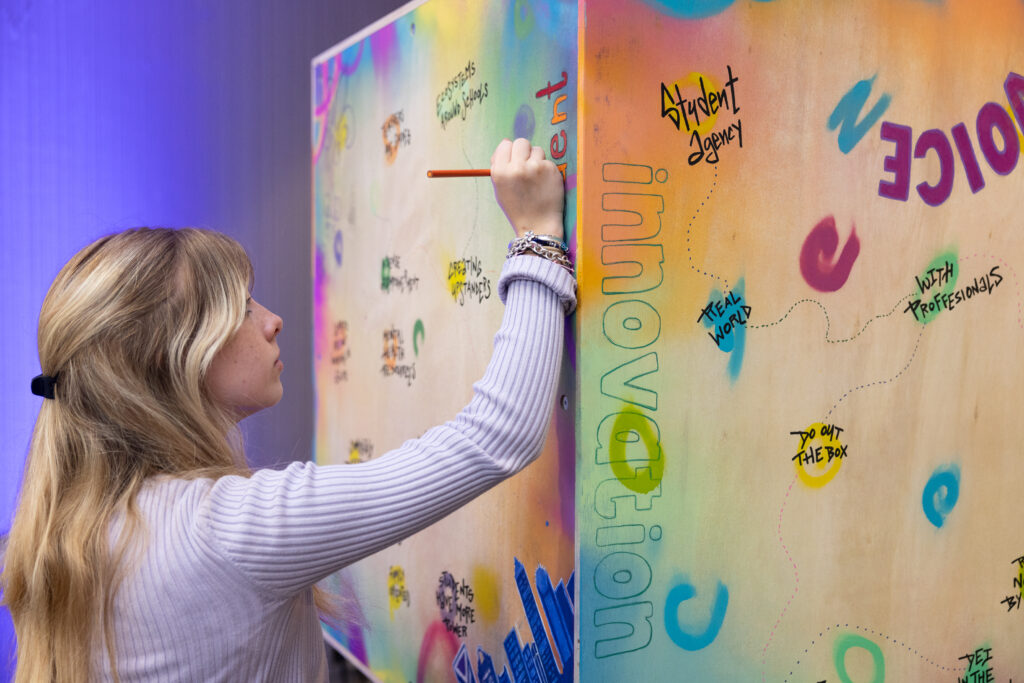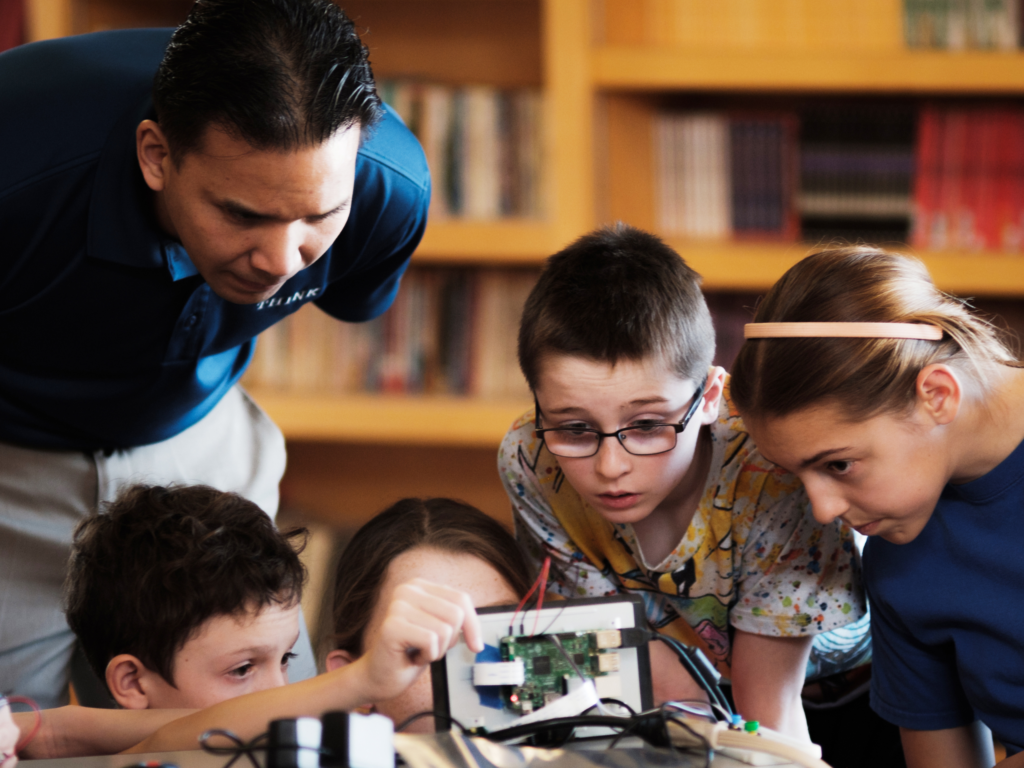Summit Brings Together Technology and Education Entrepreneurs, Educators, Investors and Analysts to Determine Best Ways to Improve Public Education
PALO ALTO, Calif., November 18, 1999 – Today our “New Economy” – driven by innovation and knowledge – is fueling economic growth. Despite this progress, our public schools are in crisis. A recent study found that 59% of all third graders in California read below grade level. Preparing students to survive in today’s knowledge-based economy requires a dynamic education system that can respond and grow with this New Economy.
On October 30, the NewSchools Venture Fund held a Summit for Leaders in Education Entrepreneurship at Stanford University to address these challenges. The NewSchools Venture Fund is a venture philanthropy fund created by technology venture capitalists and entrepreneurs to help non-profit and for-profit education ventures succeed by leveraging the expertise, intuition and resources of a powerful network of New Economy pioneers. In addition to providing financial support, NewSchools is also creating a nationwide network of education entrepreneurs, educators, New Economy leaders and others committed to improving our public education system.
John Doerr, partner at Kleiner Perkins Caufield & Byers and co-founder of the NewSchools Venture Fund, kicked the day off with an inspirational overview of how networks and entrepreneurs have transformed our society. Doerr polled the attendees, asking how many were educators, investors, and how many considered themselves “education entrepreneurs” (approximately 85% did). Doerr then declared, “this is the beginning – ground zero, the first official networking of education entrepreneurs. NewSchools is building a network to support you and what you’ve been toiling at for years, some for more than a decade. We know the sacrifices you have made and there’s a lot we can share and do to help each other. It all starts with this great day.”
The Summit, co-sponsored by NewSchools with support from the Stanford Business School’s Institute for Social Innovation and the Stanford School of Education, brought together a diverse group of education and technology entrepreneurs, educators, policy makers, analysts and donors. By bringing these communities together, the Summit sought to support education entrepreneurs and spark discussion about how New Economy principles and models can be applied to educational ventures. Breakout sessions during the Summit covered issues important to education entrepreneurs, such as whether to structure a company as a for- or non-profit, how to sustain educational ventures, and strategies for building scalable ventures in education.
“NewSchools’ goal is to support and connect education entrepreneurs who are working toward a common goal of better K-12 public education,” said Kim Smith, president of the NewSchools Venture Fund. “This Summit demonstrated what can be accomplished when education entrepreneurs get together with New Economy business leaders to try to tackle the big question of how to improve our schools.”
Dr. Lorraine Monroe, founder of the Frederick Douglas Academy in Harlem, author of Nothing’s Impossible, and founder and executive director of the School Leadership Academy was the Summit’s keynote speaker. She challenged the audience to “take well-calculated risks, work with passion, courage and persistence, with open minds and open hearts. Commit to every kid the possibility of a different kind of future and the possibility of dreams becoming reality. My hope is that you will do this work all out, flat out and all the time.”
Earlier this year, NewSchools invested in LearnNow, a company that is creating a national network of charter schools serving 6th through 12th grade students from disadvantaged communities. Eugene Wade, Jr., CEO of LearnNow, commented on the ways that education entrepreneurs can learn from each other.
“We believe that the best way to grow, and encourage more growth in this area, is to share information with other education entrepreneurs about business strategies, what works and what doesn’t,” he said. “The important thing to remember is that we are all striving toward the same goal: improving education for all kids in the U.S.”


